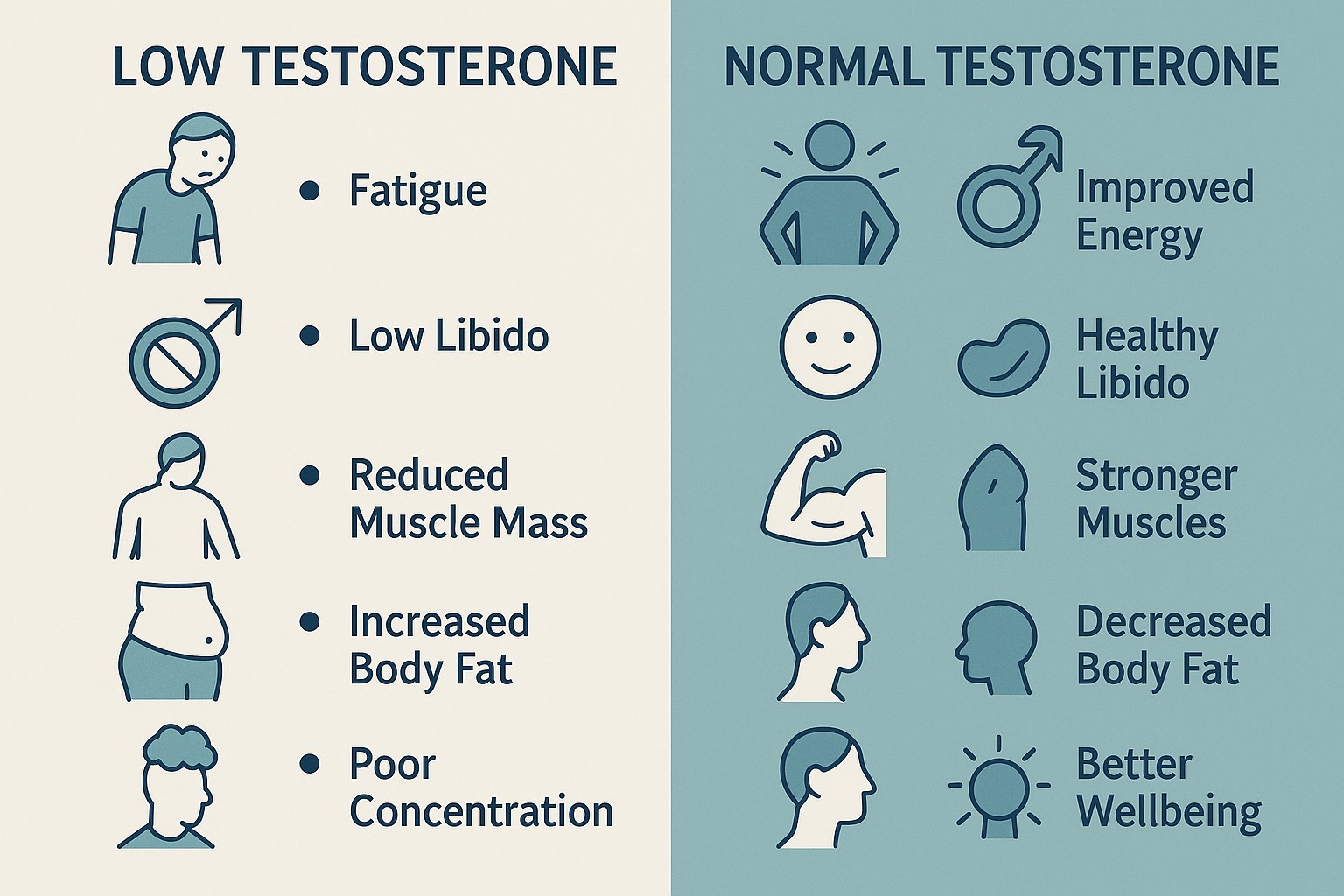ED is often a precursor to cardiovascular diseases (CVD), including heart attacks. The link between ED and heart disease is primarily due to shared risk factors and underlying conditions that affect blood flow and vascular health.
Why Does Erectile Dysfunction Indicate Cardiovascular Problems?
- Shared Risk Factors:
- Hypertension (high blood pressure): Damages the lining of arteries, affecting blood flow.
- Diabetes: Leads to blood vessel damage and poor blood flow.
- High Cholesterol: Causes plaque buildup in arteries, reducing blood flow.
- Obesity: Increases the risk of cardiovascular diseases.
- Smoking: Damages blood vessels and impairs blood flow.
- Sedentary Lifestyle: Reduces cardiovascular health.
- Endothelial Dysfunction:
- The endothelium is the inner lining of blood vessels, crucial for regulating blood flow. Both ED and heart disease involve endothelial dysfunction, where the endothelium cannot function normally, leading to impaired blood flow.
- Atherosclerosis:
- Atherosclerosis is the buildup of plaques in arteries, which can restrict blood flow. Smaller arteries, like those in the penis, are affected before larger ones, like those supplying the heart. Therefore, ED can be an early warning sign of atherosclerosis.
What Studies Support the Link Between ED and Heart Disease?
Several studies have shown that ED is a significant predictor of cardiovascular events, including heart attacks. Men with ED are at a higher risk of developing heart disease, and the condition often precedes heart attacks by 3-5 years.
Men with ED had a 60% increased risk of coronary heart disease and a 35% increased risk of stroke.
How Can Identifying ED Help Prevent Heart Attacks?
Early Detection
- Routine Screening: Men with ED should undergo screening for cardiovascular risk factors to detect potential heart problems early.
- Lifestyle Modifications: Addressing shared risk factors through diet, exercise, and smoking cessation can improve both ED and cardiovascular health.
Medical Interventions
- Medications: Managing hypertension, diabetes, and high cholesterol with medications can reduce the risk of heart attacks.
- Monitoring: Regular check-ups with healthcare providers to monitor heart health and manage any emerging issues.
What Are the Benefits of Treating ED for Cardiovascular Health?
Improved Blood Flow
- Treatments for ED, such as PDE5 inhibitors (e.g., sildenafil), can improve blood flow, benefiting both erectile function and heart health.
Enhanced Quality of Life
- Addressing ED can lead to a better quality of life, reducing stress and improving overall well-being, which positively impacts cardiovascular health.
Motivation for Healthier Lifestyle
- Men seeking treatment for ED may be more motivated to adopt healthier lifestyles, which can reduce cardiovascular risks.
Words of Wisdom from a Urology Consultant
Erectile Dysfunction is not merely a sexual health issue; it is a vital sign of a man's overall health, particularly his cardiovascular system. Recognising ED as an early indicator of potential heart problems gives us a valuable opportunity to intervene before more serious events like heart attacks occur. By addressing common risk factors through lifestyle changes and medical management, we can improve not only sexual function but also enhance long-term cardiovascular health. This dual benefit underscores the importance of holistic health care that considers the interconnectedness of different aspects of well-being."
References
- Yannas, D., Frizza, F., Vignozzi, L., Corona, G., Maggi, M., & Rastrelli, G. (2021). Erectile Dysfunction Is a Hallmark of Cardiovascular Disease: Unavoidable Matter of Fact or Opportunity to Improve Men’s Health?. Journal of Clinical Medicine, 10(2221). Link
- The Top 10 Causes of Death. (2020). World Health Organization. Available online: https://www.who.int/news-room/fact-sheets/detail/the-top-10-causes-of-death


